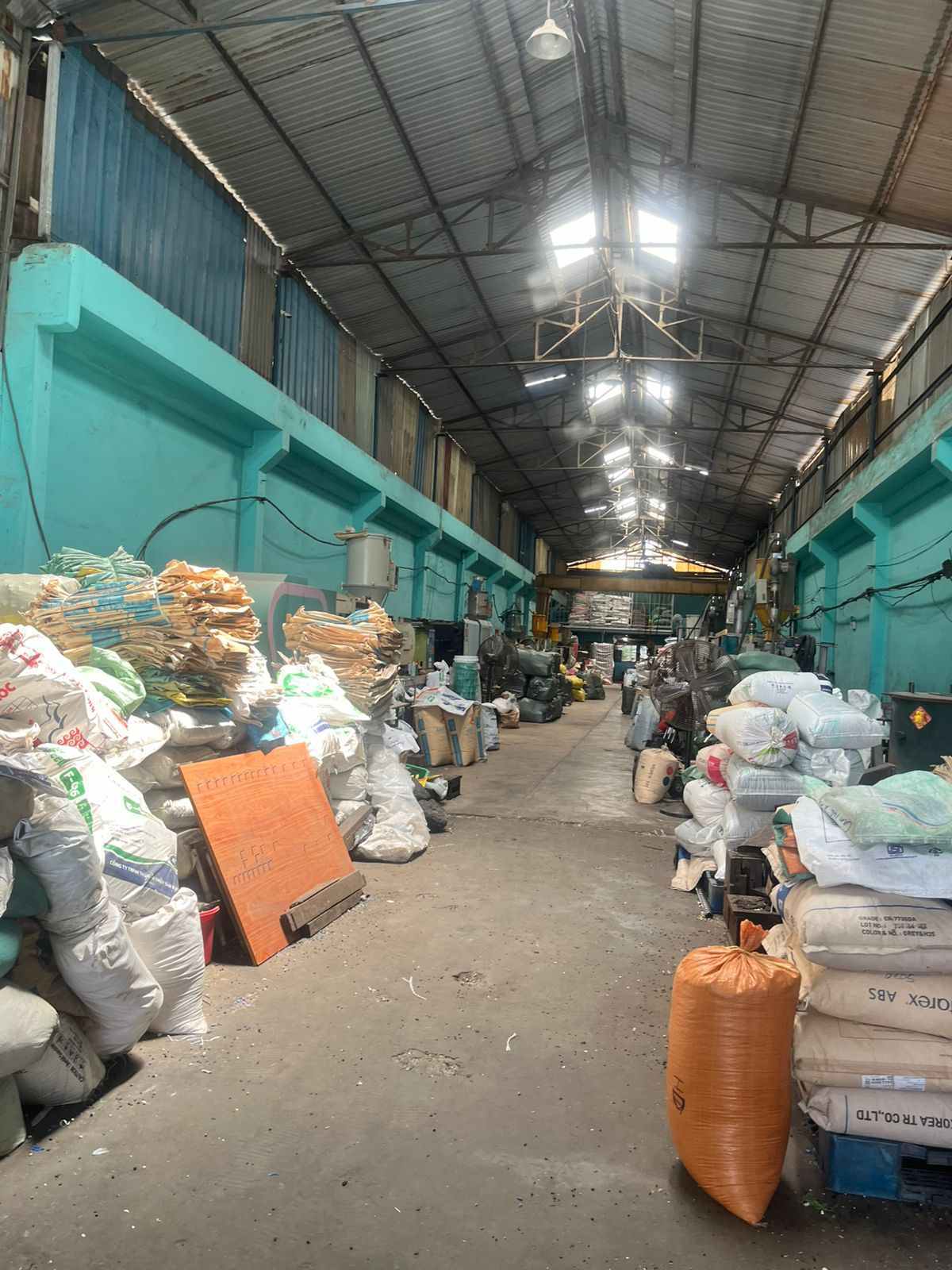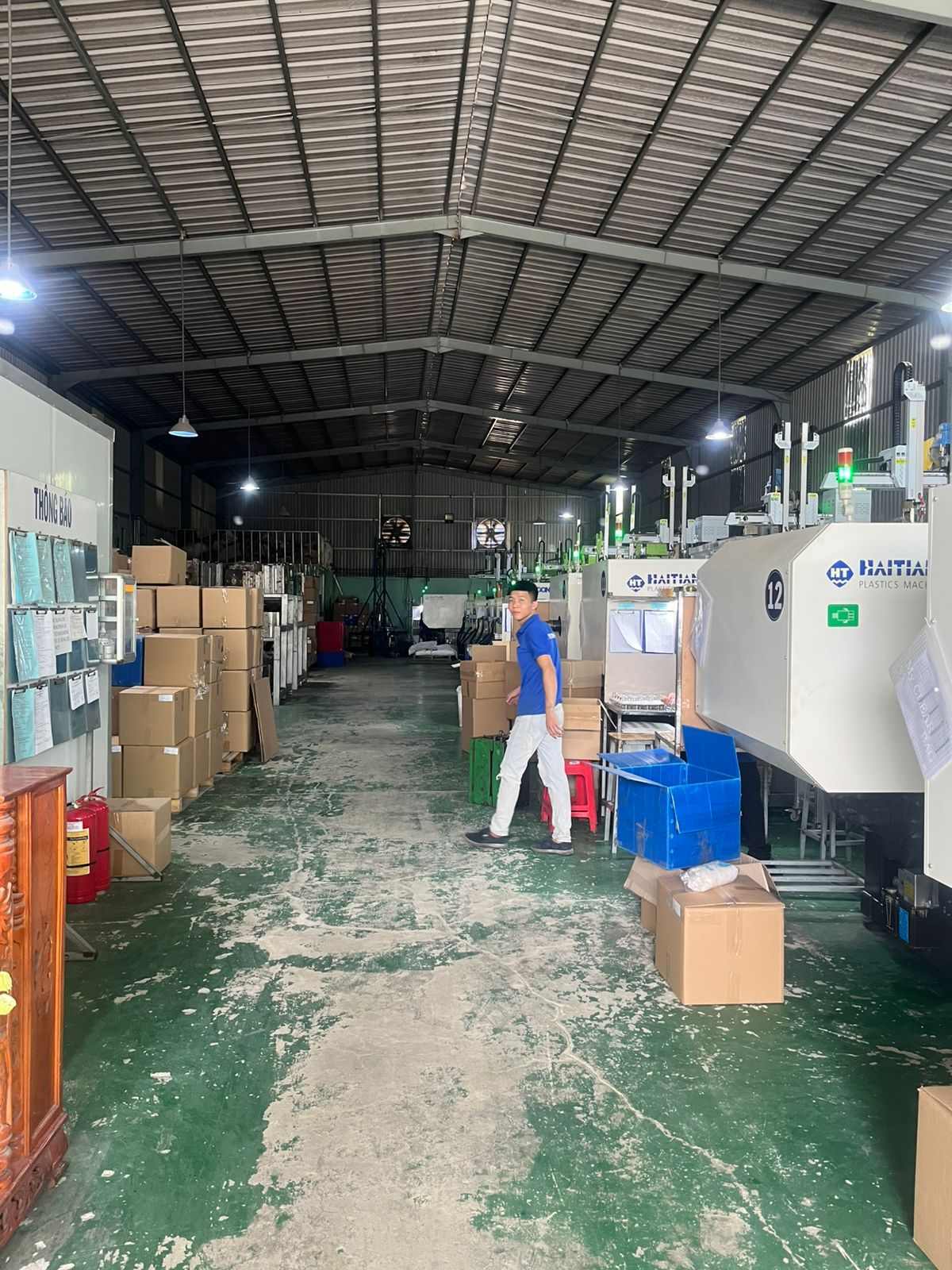Red Flags to Spot Before Sending Your First Deposit in Vietnam
Moving production to Vietnam can save you 25–40% compared to China. But every week, we see buyers lose money before their first order even ships. The mistake? Wiring money to the wrong “factory.”
Vietnam is safe if you know what to look for. If you don’t, one wrong payment can kill your savings and set you back months. Here are the biggest red flags every buyer should recognize.
1. No Factory Address (or Won’t Share It)
If the supplier avoids giving you a full, verifiable address, stop. Real factories have registered locations that can be checked. Middlemen and scammers hide behind PO boxes or vague listings.
Past vs Present:
- Past: Some smaller factories lacked English-speaking staff or websites but would still share an address if asked.
- Present: With mapping tools and registries widely available, there’s no excuse for hiding an address. If they refuse today, it’s deliberate deception.
2. Too-Good-To-Be-True Pricing
If the price is 20–30% below every other quote, something is off. Either it’s a trading company baiting you, or the factory plans to cut corners later.
Past vs Present:
- Past: Vietnam was dramatically cheaper than China across the board. In some cases, a 50% lower quote was genuine.
- Present: Even today, Vietnam is typically 30–50% cheaper than China. But if a supplier quotes far below the Vietnam norm, it’s not efficiency — it’s a red flag. They’re either a trader hiding costs, or planning to cut quality once you’re locked in.
3. Overly Broad Product Range
A real factory specializes. If a supplier claims they can make textiles, electronics, furniture, and plastics all under one roof, you’re dealing with a middleman.
Past vs Present:
- Past: Aggregators and trading companies were sometimes the only bridge between fragmented Vietnamese industries.
- Present: Serious manufacturers specialize. A factory that says “we do everything” is almost certainly a broker with no production floor.
4. Rushed for Deposits
Legitimate factories will provide samples, business licenses, and time to verify. Scammers push for “deposit now, details later.” Never wire under pressure.
Past vs Present:
- Past: Smaller Vietnamese suppliers often depended on deposits quickly because of limited cash flow.
- Present: Today, established factories expect due diligence before payment. Pressure tactics are no longer normal practice — they’re a warning sign.
5. Refusal to Sign a Local Contract
If they won’t sign under Vietnamese jurisdiction, they’re not serious. A valid Vietnamese contract is your first line of defense.
Past vs Present:
- Past: Many buyers relied only on POs or informal agreements, partly due to weak enforcement.
- Present: With Vietnam part of multiple trade agreements (EVFTA, CPTPP, and the U.S. deal), contract enforcement is stronger than ever. A factory refusing to sign under local law is signaling they don’t want accountability.
6. No Certifications or Fake Documents
Ask for ISO, BSCI, or industry-specific certificates. Verify them with the issuing body. Scammers often send forged PDFs.
Past vs Present:
- Past: Smaller factories often operated without certifications, and buyers accepted it.
- Present: Certifications are now standard for any serious exporter. If they can’t provide genuine documents, they’re either unqualified or hiding something.
7. Strange Banking Requests
Be cautious if they ask you to wire money to:
- A personal account.
- A bank outside Vietnam.
- A name that doesn’t match the company.
Real factories use Vietnamese business accounts.
Past vs Present:
- Past: Some small suppliers used personal accounts because international business banking was less developed.
- Present: Every legitimate exporter in Vietnam today has a registered corporate account. Any alternative is not outdated practice — it’s a fraud risk.
8. No Customs Readiness
Even if the supplier looks legitimate, you must confirm export customs readiness before moving forward.
At Asia Agent, we call this the Customs Rule:
“No Customs Readiness, No ETD.”
This means no Estimated Time of Departure (ETD) is confirmed until:
- The factory’s export customs account is valid.
- The logistics provider is confirmed.
- Documentation (invoice, packing list, HS codes) is compliant with U.S. import rules.
Without this step, even a real factory can leave you stuck at the port — shipment packed, but never leaving Vietnam.
Past vs Present:
- Past: Vietnam’s customs enforcement was loose, and many factories used “borrowed” export licenses or gray channels.
- Present: U.S. pressure on trans-shipping (about 40% of Vietnam’s exports are flagged as potential Chinese re-routes) has forced Vietnam to tighten customs scrutiny. That’s why Asia Agent enforces the Customs Rule — without proof of customs readiness, the ETD is just a guess.
Q&A: Vietnam Factory Search, Due Diligence & Payment Safety
Q: How can I find a factory in Vietnam?
A: Use local verification. Most real factories don’t advertise online. Trusted contacts or on-the-ground teams are the only safe way to reach them.
Q: How to locate a factory in Vietnam?
A: Match your product category with the right hub (textiles in Ho Chi Minh, furniture in Binh Duong, etc.) and verify the factory’s registration and site.
Q: How can I find a manufacturer in Vietnam?
A: Through supply chain mapping and local introductions. Most Vietnamese manufacturers are hidden from Google and Alibaba.
Q: How to get in touch with factories in Vietnam?
A: Real factories respond to referrals or verified introductions. Cold emails rarely work.
Q: How can I find a real factory in Vietnam?
A: Verify the address, confirm the export license, and physically inspect the site. No visit = no deal.
Q: How to avoid middlemen when sourcing in Vietnam?
A: Watch for broad product ranges, unusually low MOQs, or pressure to pay fast. Middlemen often inflate costs by 15–40%.
Q: How to know if a supplier in Vietnam is a trading company?
A: If they won’t show their factory address, promise to produce “anything,” or send samples too quickly, you’re likely dealing with a trader.
Q: What’s the safest way to confirm a Vietnamese supplier is real?
A: Send a local representative to the factory to verify the site, staff, equipment, and business license.
Q: How do I protect my deposit when buying from Vietnam?
A: Always sign a contract under Vietnamese law and ensure payment goes to the factory’s registered business account.
Q: Is it safe to wire money to Vietnam factories?
A: Yes, if the supplier is verified, the contract is local, and the bank account is in the company’s legal name.
Q: What is the Customs Rule in Vietnam manufacturing?
A: No Customs Readiness, No ETD. Shipments only move once the factory’s export customs account and logistics are fully validated.
Q: What are the biggest risks when paying a Vietnamese supplier?
A: Paying without verification, wiring to personal accounts, and not checking customs readiness.
Q: Do Vietnamese factories accept letters of credit (LC)?
A: Yes, many large and compliant factories do. Smaller suppliers usually prefer deposits, but LC is safer for the buyer.
Q: How can I verify a Vietnamese factory’s business license?
A: Cross-check the registration with Vietnam’s business registry or use a local agent to confirm.
Q: Do real Vietnamese factories use Alibaba?
A: Rarely. Most factories don’t market in English and focus only on production.
Q: How do I check if a Vietnamese supplier can legally export?
A: Confirm their customs export account and HS codes. Without them, the goods cannot leave Vietnam.
Q: What documents should I request before paying a deposit in Vietnam?
A: Business license, factory address, sample approval, signed contract, and verified bank account details.
Q: What’s the typical deposit required in Vietnam manufacturing?
A: 20–30% is standard. Anything much higher is a red flag unless justified by special materials.
Q: How do I know if a Vietnamese supplier is financially stable?
A: Ask for trade references, check past export records, and confirm they have an active customs account.
Q: What should I do if a Vietnamese supplier refuses a site visit?
A: Walk away. A factory that refuses visits is either not real or hiding subcontractors.
Conclusion
Vietnam offers a powerful cost advantage — but wiring money blindly is the fastest way to lose it.
If you see these red flags, stop. Verify first, pay second. And remember: no customs readiness, no shipment.




